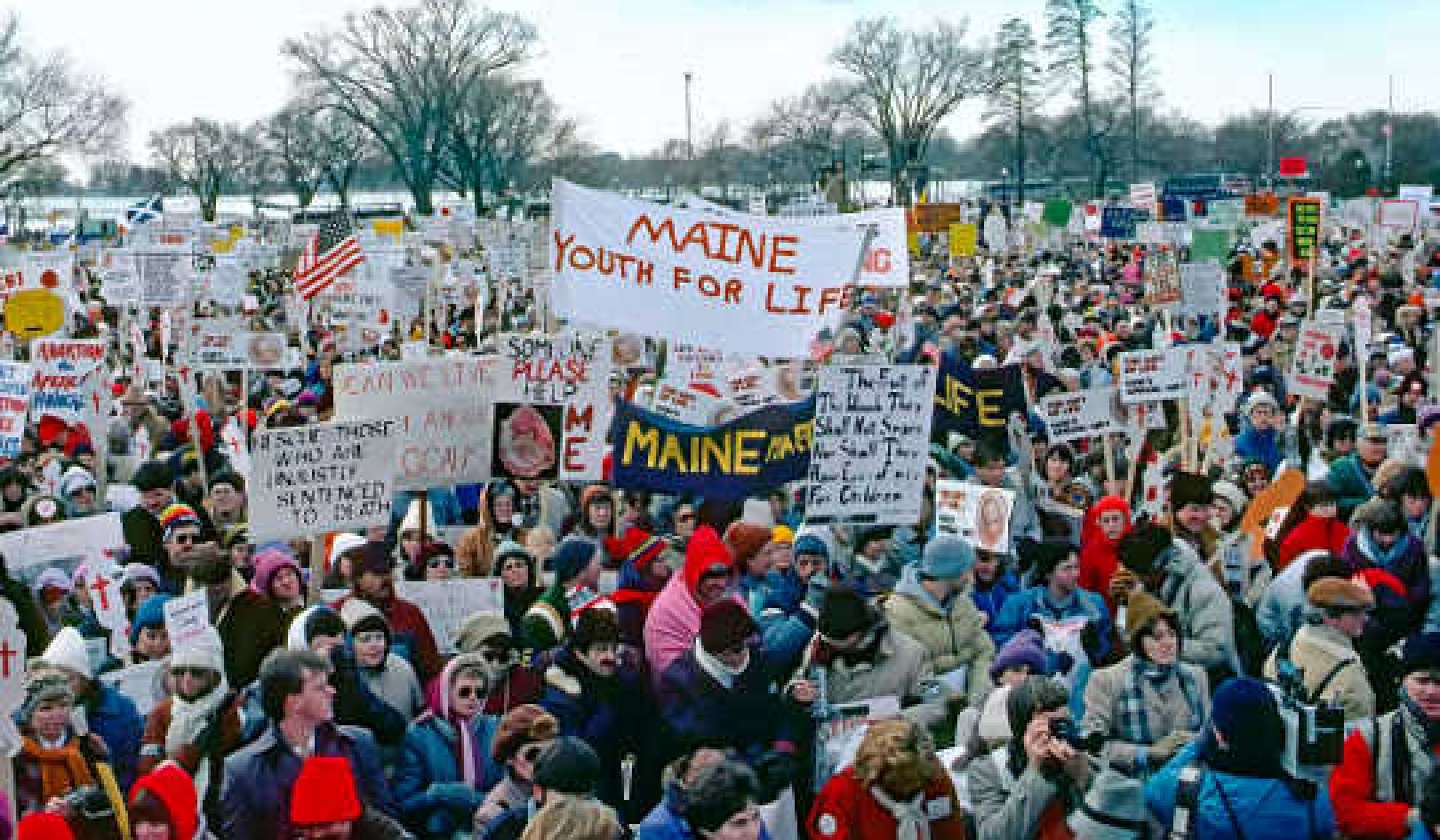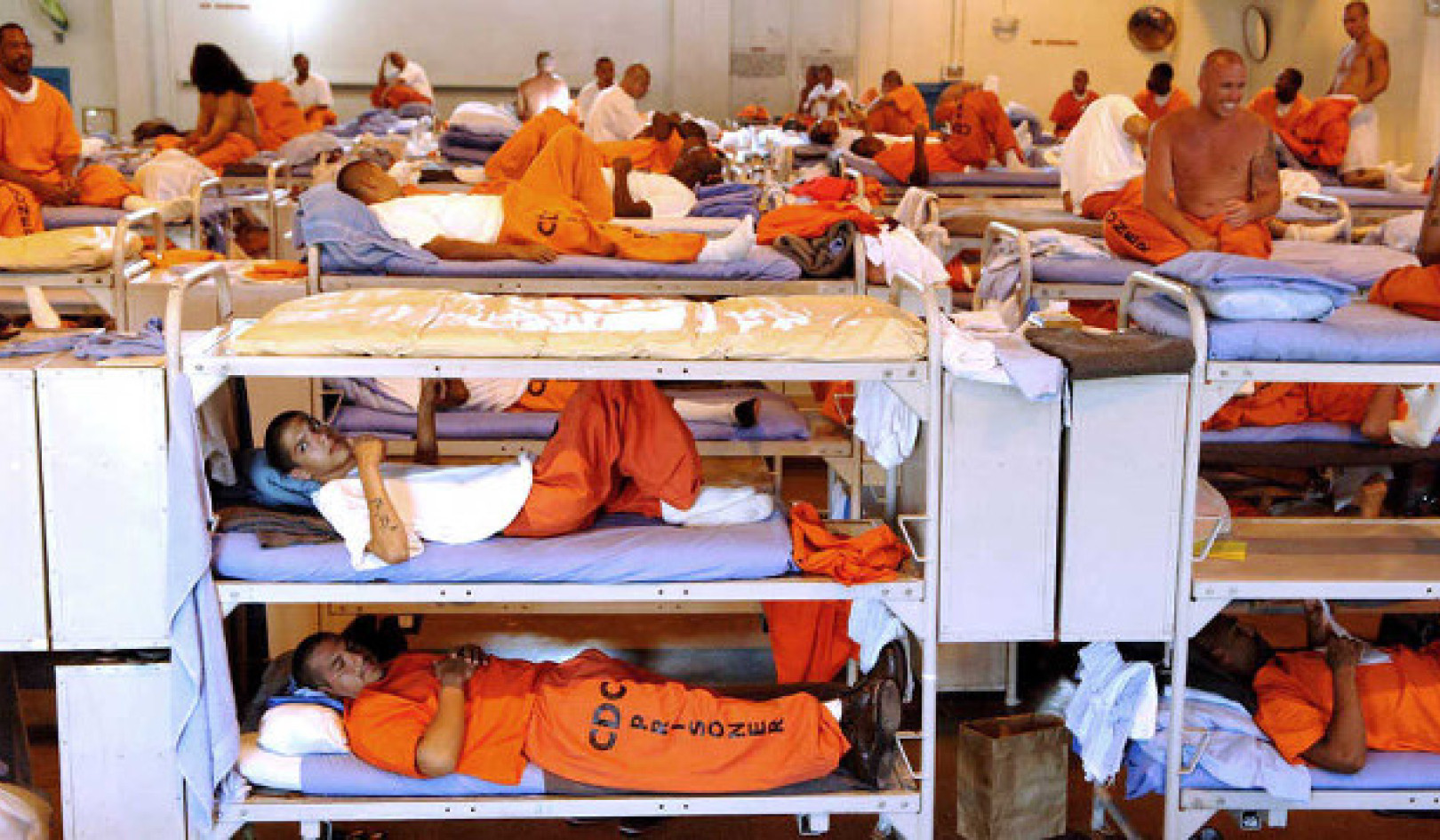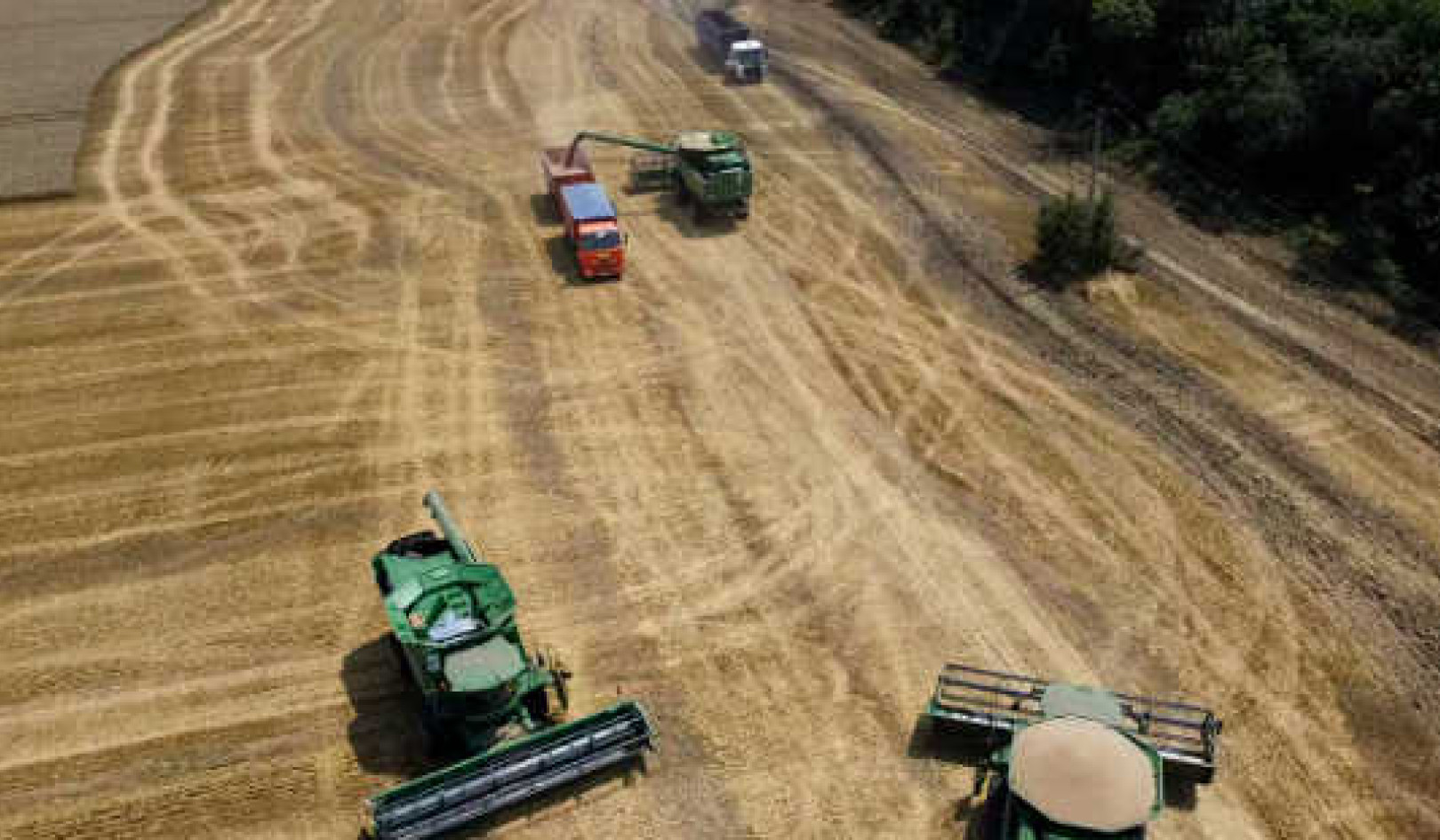
Have you ever wondered where all the stuff we buy comes from and where it goes when we're done with it? We live in a world where buying and throwing away is what we do. It was once different.
The Industrial Revolution changed everything. Machines made it easier to produce goods, and people started buying like never before. Life became more manageable for most, but those days are ending. And this new "buy, use, throw away" era has a dark side. It's hurting our planet and creating a divide between the rich and the poor.
How We Measure Economic Progress
Could it be the way we measure progress that is to blame? The most common way we have measured economic progress is GDP or Gross Domestic Product. However, it's becoming increasingly clear that GDP is a misleading indicator. It counts everything as positive, whether the activity was constructive or destructive.
For example, GDP increases during a natural disaster because rebuilding efforts stimulate economic activity, but this doesn't mean the catastrophe was good for the individual or the community. As we face the escalating impacts of climate change, this flaw in GDP will become even more glaring.
More of our economic activity will be devoted to adapting to new environmental realities—building sea walls, cleaning up after extreme weather events, treating new health conditions caused by changing ecosystems—and will artificially inflate GDP. In essence, GDP could give the illusion of economic progress while we run faster and faster to stay in the same place. We simply need a better measure of progress in this era where sustainable and equitable development must be our primary goal.
So, what's the big deal? Well, our current way of consuming is causing some severe problems. And it will only get worse as the climate changes and natural resources diminish.
First, we're using resources, like water and minerals, faster than Mother Earth can replace them. Our economy is built on the idea that we'll keep buying more and more. But this needs to be more sustainable. We can't keep using up resources and expect everything to be okay.
Second, we are polluting the planet and killing off our fellow critters in what has been called the 6th great extinction.
Our Current Tax System Is A Mess
While there are many facets of our dilemma that need fixing, nothing stands out like our tax systems. The current tax system is primarily based on income taxes, be they individual or corporate. It is a confusing maze of rules and numbers that most of us either can't deal with or dread every year. It is full of loopholes and notable exceptions that some of the wealthiest folks and big corporations pay way less than your average school teacher. That's unfair and means there's less money for things we care about, like schools and healthcare. And it's estimated that a whopping 10% of our country's GDP is spent on paying, or legally or illegally avoiding, income taxes. What a waste of human effort.
Our current tax system is nearly totally influenced by whoever has the biggest lobbying budget rather than what suits everyone. Plus, it doesn't even do an excellent job of tackling significant issues we all care about, like protecting the environment, keeping us healthy, educating our children or helping us prosper. So, it's clear that our tax system needs more than just a little spring cleaning. It needs a complete makeover to make it fair, efficient, and up-to-date for our modern world.
Progressive Sales Tax: A Tool for Change
So, how do we fix this? One idea is a progressive sales tax. This isn't your regular sales tax; it's brighter and fairer. And it shouldn't just be a new tax added on to the already burdensome taxes. It should replace income taxes.
A progressive sales tax would mean lower or no taxes on essential items like food, medicine, and basic clothing. But, luxury items and wasteful things that are bad for the environment would have higher taxes. For instance, buy a modest car and pay a lower tax percentage than if you buy a Ferrari or a Rolls-Royce. Want to buy that Van Gogh for 30 million? Pay a higher percentage, thus a hefty tax.
This tax system would make us also think before buying something. Do you need that fifth pair of designer shoes or another gas-guzzling car? Maybe not, but your choice and your tax dollars.
Plus, a progressive sales tax could include the hidden costs of products, like pollution or unfair labor practices. This type of tax has several advantages for implementing sustainable consumption.
This consumption tax would be relatively easy to implement. It would use the existing tax infrastructure, such as the sales tax system. This would make it a much simpler and less disruptive reform than a comprehensive tax system overhaul.
A progressive consumption tax could be revenue-neutral if the income tax were eliminated. it would simply shift the tax burden from income to consumption. This would make it more politically palatable than other proposals for raising revenue, such as increasing income taxes.
A progressive consumption tax would be compatible with other policies promoting sustainable consumption. For example, it could fund subsidies for renewable energy or public transportation. This would help to make sustainable consumption more affordable and attractive to consumers.
Here are some specific ways that a progressive consumption tax could be used to promote sustainable consumption:
1. Higher taxes could be imposed on gasoline, air travel, single-use plastics, or anything else that needs to be discouraged. This would encourage consumers to choose more sustainable alternatives.
2. By making wasteful consumption more expensive and sustainable consumption more affordable, a progressive consumption tax can help to create a more sustainable future for all. It would encourage investments in sustainable infrastructure. People, businesses and investors would automatically choose cheaper and more sustainable options.
Our current consumption habits are making the rich richer and the poor poorer. A progressive sales tax could help balance the scales by making luxury items more expensive while keeping necessities affordable. Thus negating some of the harm being created by our income tax system.
Policy Integration: It's All Connected
We can't just focus on one thing and hope everything else falls into place. Everything is connected. For real change, among other things, we need a tax system that encourages sustainable consumption. Think about it: What's the point of promoting electric cars if we're still burning fossil fuels for electricity? Our leaders and organizations have a significant role to play if we are to survive our uncertain future. So be careful who you choose.
So there you have it. Sustainable consumption isn't just a fancy term; it's the way of life we must adopt for our planet's and future generations' future. We can make it happen with the right policies, leaders, a fair approach, and a shift in our behavior and values. But it's up to all of us to just demand it.
About the Author
 Robert Jennings is co-publisher of InnerSelf.com with his wife Marie T Russell. He attended the University of Florida, Southern Technical Institute, and the University of Central Florida with studies in real estate, urban development, finance, architectural engineering, and elementary education. He was a member of the US Marine Corps and The US Army having commanded a field artillery battery in Germany. He worked in real estate finance, construction and development for 25 years before starting InnerSelf.com in 1996.
Robert Jennings is co-publisher of InnerSelf.com with his wife Marie T Russell. He attended the University of Florida, Southern Technical Institute, and the University of Central Florida with studies in real estate, urban development, finance, architectural engineering, and elementary education. He was a member of the US Marine Corps and The US Army having commanded a field artillery battery in Germany. He worked in real estate finance, construction and development for 25 years before starting InnerSelf.com in 1996.
InnerSelf is dedicated to sharing information that allows people to make educated and insightful choices in their personal life, for the good of the commons, and for the well-being of the planet. InnerSelf Magazine is in its 30+year of publication in either print (1984-1995) or online as InnerSelf.com. Please support our work.
Creative Commons 4.0
This article is licensed under a Creative Commons Attribution-Share Alike 4.0 License. Attribute the author Robert Jennings, InnerSelf.com. Link back to the article This article originally appeared on InnerSelf.com
Recommended books:
Capital in the Twenty-First Century
by Thomas Piketty. (Translated by Arthur Goldhammer)
 In Capital in the Twenty-First Century, Thomas Piketty analyzes a unique collection of data from twenty countries, ranging as far back as the eighteenth century, to uncover key economic and social patterns. But economic trends are not acts of God. Political action has curbed dangerous inequalities in the past, says Thomas Piketty, and may do so again. A work of extraordinary ambition, originality, and rigor, Capital in the Twenty-First Century reorients our understanding of economic history and confronts us with sobering lessons for today. His findings will transform debate and set the agenda for the next generation of thought about wealth and inequality.
In Capital in the Twenty-First Century, Thomas Piketty analyzes a unique collection of data from twenty countries, ranging as far back as the eighteenth century, to uncover key economic and social patterns. But economic trends are not acts of God. Political action has curbed dangerous inequalities in the past, says Thomas Piketty, and may do so again. A work of extraordinary ambition, originality, and rigor, Capital in the Twenty-First Century reorients our understanding of economic history and confronts us with sobering lessons for today. His findings will transform debate and set the agenda for the next generation of thought about wealth and inequality.
Click here for more info and/or to order this book on Amazon.
Nature's Fortune: How Business and Society Thrive by Investing in Nature
by Mark R. Tercek and Jonathan S. Adams.
 What is nature worth? The answer to this question—which traditionally has been framed in environmental terms—is revolutionizing the way we do business. In Nature’s Fortune, Mark Tercek, CEO of The Nature Conservancy and former investment banker, and science writer Jonathan Adams argue that nature is not only the foundation of human well-being, but also the smartest commercial investment any business or government can make. The forests, floodplains, and oyster reefs often seen simply as raw materials or as obstacles to be cleared in the name of progress are, in fact as important to our future prosperity as technology or law or business innovation. Nature’s Fortune offers an essential guide to the world’s economic—and environmental—well-being.
What is nature worth? The answer to this question—which traditionally has been framed in environmental terms—is revolutionizing the way we do business. In Nature’s Fortune, Mark Tercek, CEO of The Nature Conservancy and former investment banker, and science writer Jonathan Adams argue that nature is not only the foundation of human well-being, but also the smartest commercial investment any business or government can make. The forests, floodplains, and oyster reefs often seen simply as raw materials or as obstacles to be cleared in the name of progress are, in fact as important to our future prosperity as technology or law or business innovation. Nature’s Fortune offers an essential guide to the world’s economic—and environmental—well-being.
Click here for more info and/or to order this book on Amazon.
Beyond Outrage: What has gone wrong with our economy and our democracy, and how to fix it -- by Robert B. Reich
 In this timely book, Robert B. Reich argues that nothing good happens in Washington unless citizens are energized and organized to make sure Washington acts in the public good. The first step is to see the big picture. Beyond Outrage connects the dots, showing why the increasing share of income and wealth going to the top has hobbled jobs and growth for everyone else, undermining our democracy; caused Americans to become increasingly cynical about public life; and turned many Americans against one another. He also explains why the proposals of the “regressive right” are dead wrong and provides a clear roadmap of what must be done instead. Here’s a plan for action for everyone who cares about the future of America.
In this timely book, Robert B. Reich argues that nothing good happens in Washington unless citizens are energized and organized to make sure Washington acts in the public good. The first step is to see the big picture. Beyond Outrage connects the dots, showing why the increasing share of income and wealth going to the top has hobbled jobs and growth for everyone else, undermining our democracy; caused Americans to become increasingly cynical about public life; and turned many Americans against one another. He also explains why the proposals of the “regressive right” are dead wrong and provides a clear roadmap of what must be done instead. Here’s a plan for action for everyone who cares about the future of America.
Click here for more info or to order this book on Amazon.
This Changes Everything: Occupy Wall Street and the 99% Movement
by Sarah van Gelder and staff of YES! Magazine.
 This Changes Everything shows how the Occupy movement is shifting the way people view themselves and the world, the kind of society they believe is possible, and their own involvement in creating a society that works for the 99% rather than just the 1%. Attempts to pigeonhole this decentralized, fast-evolving movement have led to confusion and misperception. In this volume, the editors of YES! Magazine bring together voices from inside and outside the protests to convey the issues, possibilities, and personalities associated with the Occupy Wall Street movement. This book features contributions from Naomi Klein, David Korten, Rebecca Solnit, Ralph Nader, and others, as well as Occupy activists who were there from the beginning.
This Changes Everything shows how the Occupy movement is shifting the way people view themselves and the world, the kind of society they believe is possible, and their own involvement in creating a society that works for the 99% rather than just the 1%. Attempts to pigeonhole this decentralized, fast-evolving movement have led to confusion and misperception. In this volume, the editors of YES! Magazine bring together voices from inside and outside the protests to convey the issues, possibilities, and personalities associated with the Occupy Wall Street movement. This book features contributions from Naomi Klein, David Korten, Rebecca Solnit, Ralph Nader, and others, as well as Occupy activists who were there from the beginning.
Click here for more info and/or to order this book on Amazon.



























